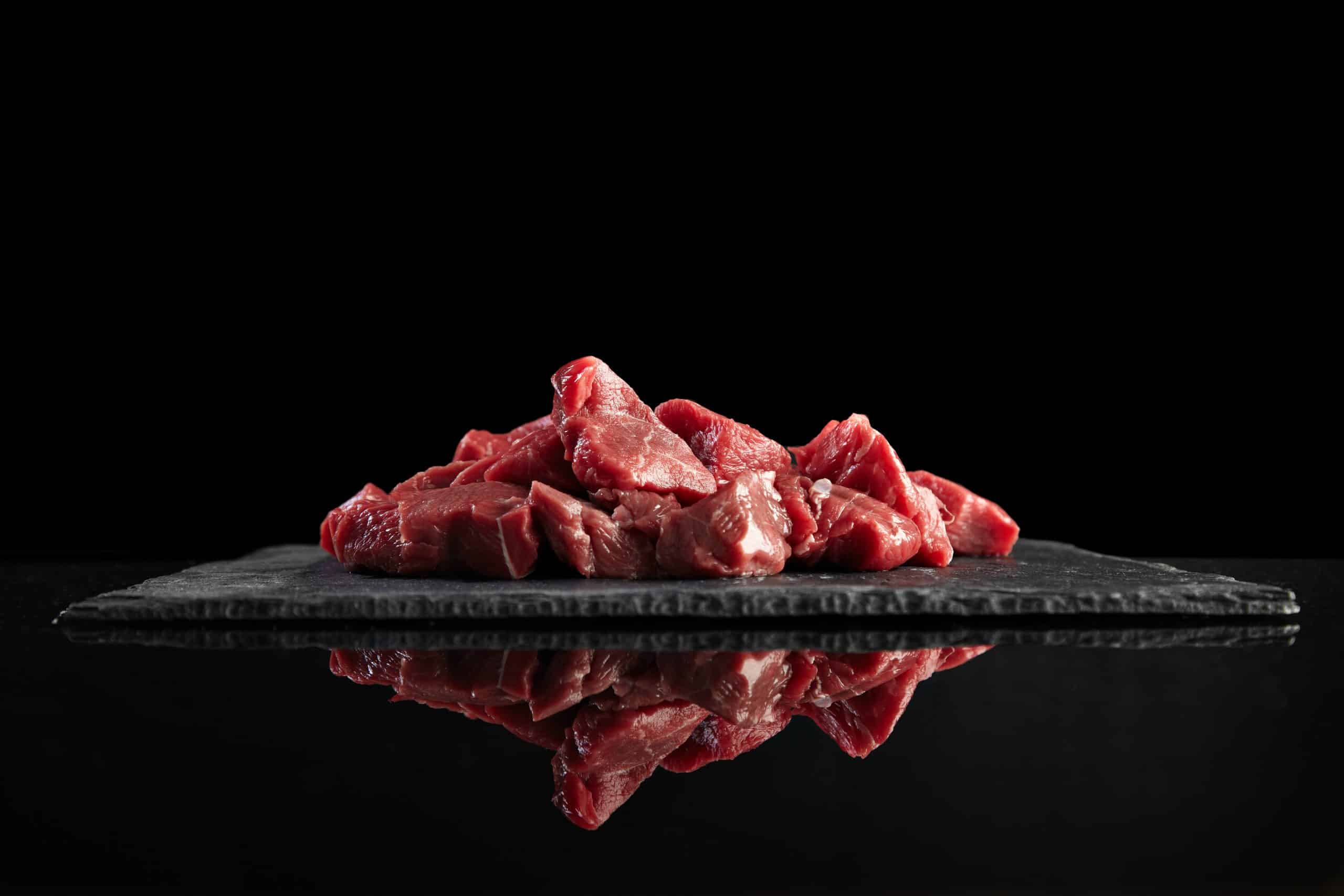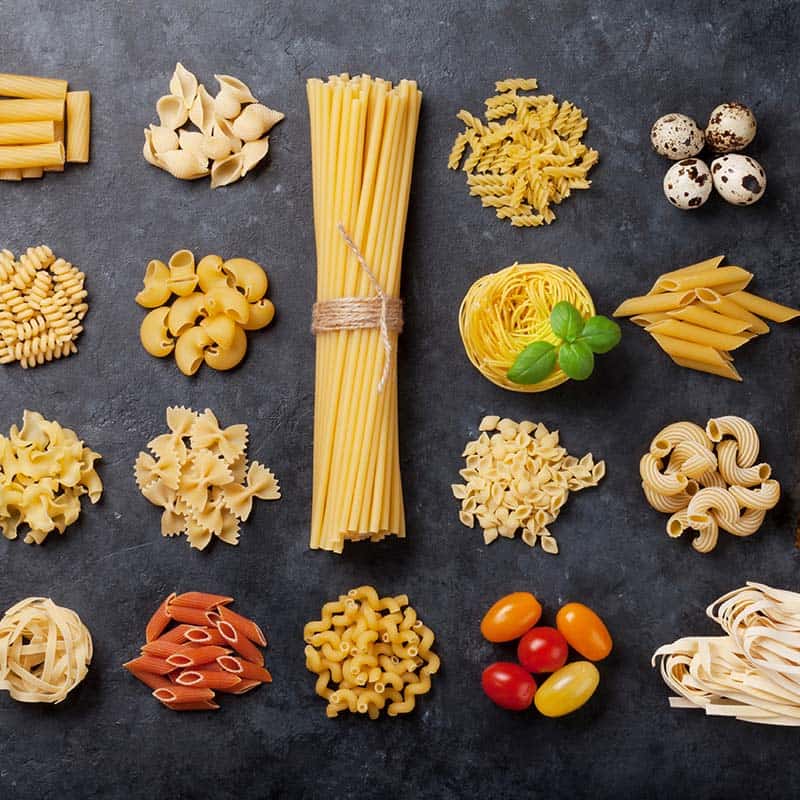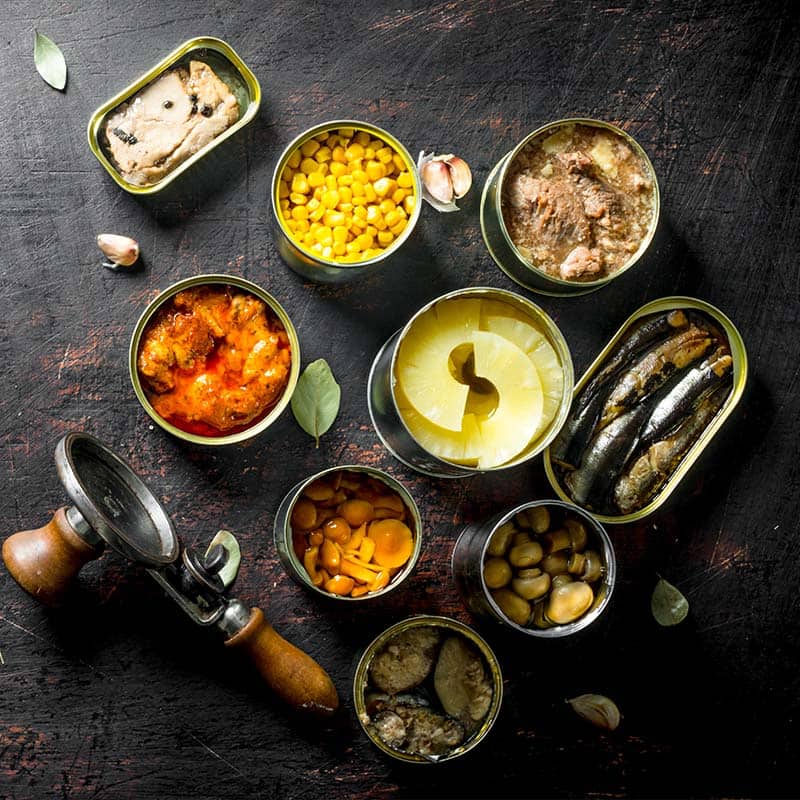Understanding Restaurant Meat Suppliers: A Guide for Food Businesses
Introduction
Sourcing high-quality meat is essential for restaurants aiming to serve consistent and flavorful dishes. Meat suppliers play a crucial role in ensuring restaurants receive fresh, safe, and properly processed meat products. This article explores the role of restaurant meat suppliers, factors to consider when choosing a supplier, and common types of meat sourcing options.
The Role of Meat Suppliers
Meat suppliers act as intermediaries between farmers, processors, and restaurants. They source meat from farms or processing facilities, ensure compliance with health and safety standards, and distribute it to restaurants in various cuts and quantities. Reliable suppliers maintain cold chain logistics to preserve meat quality and prevent contamination.
See Also: Wholesale Meat Supplier Singapore
Types of Meat Suppliers
Restaurants can source meat from different types of suppliers, depending on their needs and preferences:
- Wholesale Meat Distributors – These suppliers purchase large quantities of meat from producers and distribute them to restaurants, supermarkets, and other food businesses. They offer a range of meats, including beef, poultry, pork, and seafood.
- Local Butchers – Some restaurants prefer sourcing meat from local butchers who provide fresh, custom-cut meat. This option supports local businesses and ensures a higher level of traceability.
- Farm-to-Table Suppliers – Restaurants focusing on sustainability often work with farm-to-table suppliers, which source directly from farms that follow ethical and sustainable farming practices.
- Specialty Meat Suppliers – These suppliers focus on niche markets, offering organic, grass-fed, free-range, or exotic meats tailored to specific culinary needs.
See Also: Wholesale Meat Supplier Singapore
Factors to Consider When Choosing a Meat Supplier
Selecting the right meat supplier requires careful consideration of several factors:
- Quality and Consistency – Consistent meat quality is essential for maintaining menu standards. Suppliers should provide meats that meet the restaurant’s specifications in terms of grade, cut, and freshness.
- Food Safety and Compliance – It is crucial to work with suppliers who follow strict food safety regulations and certifications, such as USDA or HACCP compliance.
- Pricing and Availability – Restaurants need to balance cost-effectiveness with quality. Suppliers offering competitive pricing and reliable availability can help maintain stable operations.
- Delivery and Logistics – Efficient delivery services ensure meat arrives fresh and on time. Cold storage facilities and transportation methods should adhere to industry standards.
- Sustainability and Ethical Sourcing – Many restaurants prioritize suppliers that practice sustainable farming, humane animal treatment, and environmentally friendly processing methods.
Benefits of Working with a Reliable Meat Supplier
Partnering with a dependable meat supplier provides several advantages:
- Consistent Supply Chain – Regular deliveries reduce the risk of shortages and help maintain a steady menu.
- Improved Food Safety – Certified suppliers follow industry standards to ensure meat safety.
- Customization Options – Some suppliers offer custom cuts and packaging solutions to meet specific restaurant needs.
- Cost Management – Bulk purchasing from wholesalers can lead to cost savings over time.
Conclusion
Choosing the right meat supplier is a vital decision for restaurants. Whether sourcing from wholesale distributors, local butchers, or farm-to-table providers, factors like quality, safety, pricing, and sustainability should be carefully evaluated. Establishing strong supplier relationships ensures a consistent and reliable meat supply, ultimately contributing to a restaurant’s success.
See Also: Wholesale Meat Supplier Singapore







